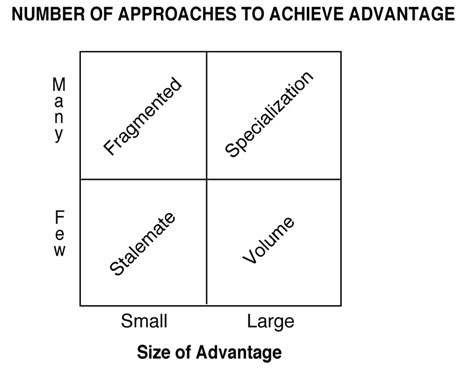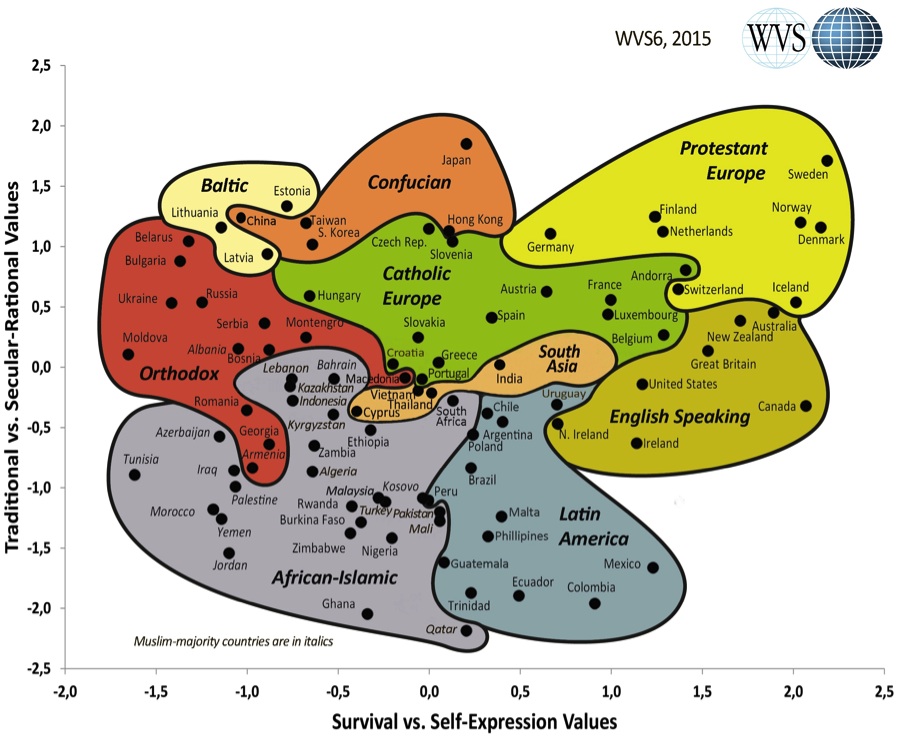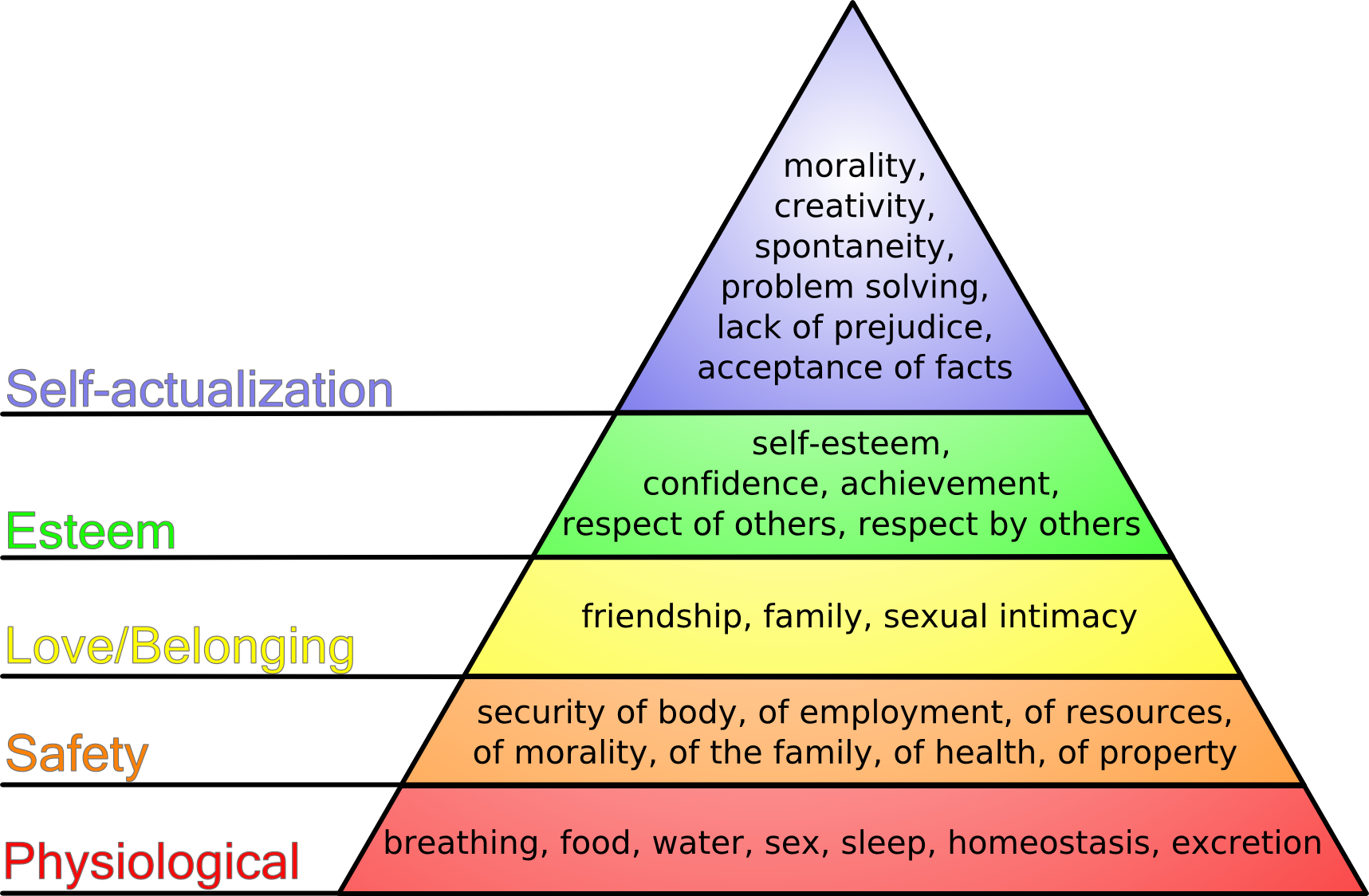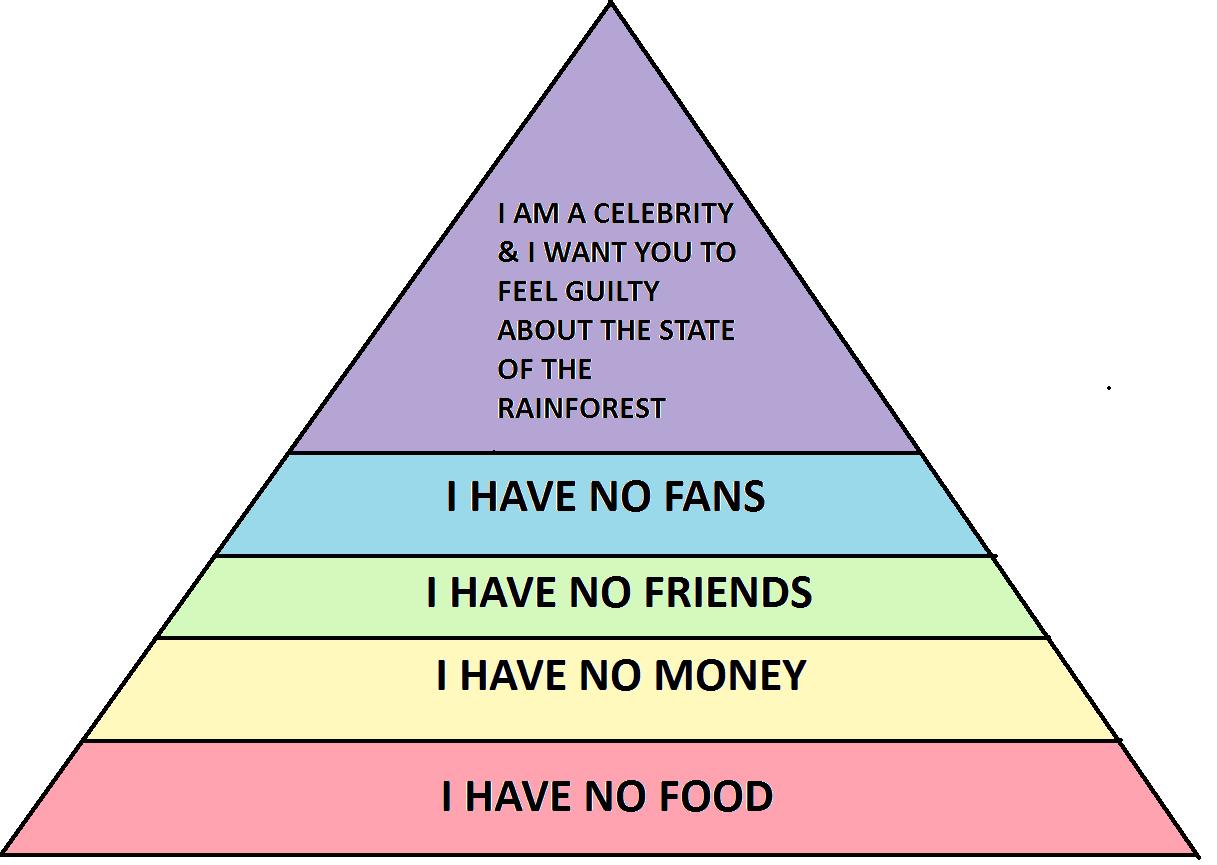Democracy is not possible when people think it’s okay to label and attack not listen to each other and no matter how they are governed, people who live that way cannot be happy.
People all across our political spectrum have increasingly turned to labeling each other but if we dismiss each other as a Nazi, Libtard, racist, socialist or whatever, we won’t hear what each other has to say,
What to do, then, when we are labeled in that way? I have a suggestion and a request, but before I get to them, here’s some background and an illustration of the issue.
Forty five years ago I set up a text based social media platform that was popular all across the business where I worked. But there were two problems. I didn’t know how to monetize it so it became a drain on computing resources that underpinned our business and, until a terrific moderator appointed himself, it was a platform for personal abuse.
Now the illustration, one of my periodic attempts to motivate thoughtful dialog.
One of my friends who is a very intelligent, loving, courageous, creative person is subject to terrible fears that lead her to post things like this: “Rep Omar is beyond terrible. She is a potential terrorist,”. She posted that in big letters on a red background.
It immediately triggered these comments “yep get her out” then “No. She is a terrorist. So is CAIR and 99.9999999% of her district in poor old Minnesota” then “trump supporters are racist nazis who have no understanding what e terrorist does” followed by “to compare a trump supporter to a Jew killing Nazi is dumb as a box of rocks- go back to your mother country!!! “
Labeling Omar as a terrorist and Trump supporters as racist Nazis made discussion pretty much impossible but I asked my friend: “Why do you think that? “
A few more insults were traded followed by: “She is a terrible person as is Tlaib” to which my friend replied “They are actually scary and why does Nancy Pelosi support them so much” which prompted “scary yes, educated women with the power to enforce the constitution over the repeated efforts of the Oval Office.” More insults.
Then my friend replied “She is clearly anti Israel.” to which I replied “she is anti the actions of Israel’s current government as are many of my Jewish friends.” Someone else then wrote “and Trump has defended Neo-Nazis who killed American Citizens. What’s your point beta queen?”
A few more insults followed then came “I think people are cool with antisemitism (see Dems in Congress) No big deal. Along with infanticide” I replied “She is definitely opposed to the policies and actions of Israel’s government, an issue that isn’t getting discussed in Congress. Is she antisemitic? Maybe but it isn’t yet clear. Is she being subjected to Islamophobic hate? Very much so. Here’s a sensible short piece by a liberal Jew who was brought up to support human rights.? Another guy and I exchanged two more good opinion pieces.
My friend then replied to the comment about Dems in Congress being cool with antisemitism and infanticide “you are so right. It’s so unbelievable”. I replied “are you saying all Democrats in Congress are antisemitic? Name one who is cool with infanticide” to which my friend replied “most of them”. I asked for evidence and said I would change my mind. Then I added: “There’s a big difference between antisemitism and being anti the policies and acts of Netanyahu’s gov’t”
Now a new person responded to me “maybe you should get informed instead of making Zen like comments. Try your amateur psychology on your dog or Libtard friends.” I replied “is there something in particular I should get informed about or are you only capable of vacuous insults?” to which he responded “No, can’t reason with uninformed snowflakes. I’ve seen your posts and they are absurd. Being stuck on stupid is your problem. If you can’t handle the truth then block me”.
While I was replying “you haven’t included any truth in your comments, only insults” another person commented “she put her hand on the Quran to be swore in. I don’t mean to say this might be over your head but if it walks like a duck, if it quacks like a duck it is a duck” to which I replied “The duck you speak of is a terrorist? Are you saying every Muslim is a terrorist?”
The first person now wrote “I can’t educate you. You’re likely a product of the failed public education system. As a wise person once said, if you argue with a fool others can’t tell you apart. Stick with your Libtard friends. I have no time for losers.” I responded “you have made no attempt to educate me. All you’ve done is try to intimidate me with insults” He replied “I have no patience for Libtards. Illiteracy is not a virtue. I suggest you get informed before you question others.”
The duck person now wrote “if they believe in the Quran they are not to be in this country. Period.”
There were a few more comments reiterating the terrorist, antisemite and socialist labels then I guess everyone moved on to the next whipping up of fear and hatred.
It would have been better if I hadn’t said “vacuous insults” even though the dialog wouldn’t have developed any differently. I knew I was wasting my time writing to him or most others who commented but I did get a couple of “likes” for “she is anti the actions of Israel’s current government as are many of my Jewish friends.”
After a day or two thinking I have a belief and a request to share.
My belief is that we must not just ignore labeling. We must keep trying, as skillfully as we possibly can, to encourage listening.
My request is, whatever your beliefs and no matter how badly you are provoked, please never label anyone, especially those you disagree with. There is more to every one of us than what’s conveyed by a label.




